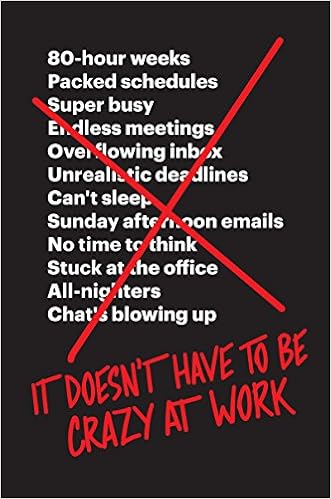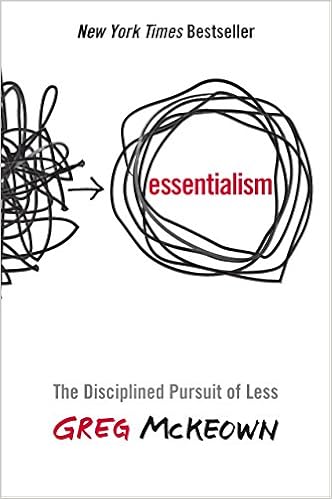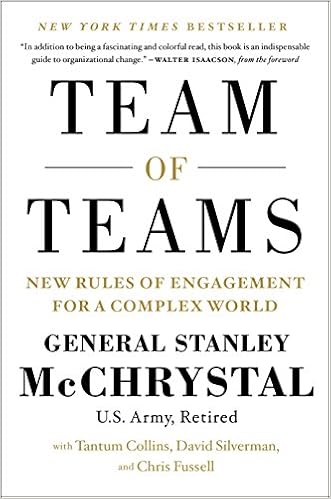How to destroy always-at-a-meeting dynamics
Why work feels like chaos
I’ve had this feeling for far too long. My entire team, me included, are always at the meetings. And when we do get some time to dedicate to real work, we get interrupted by emails, chat, or people just approaching and asking for whatever they need… always urgent, always critical. This lead to frustration and feeling of helplessness.

Some people in my team are like Brant, from Gene Kim’s highly recommended Phoenix Project, meaning - real technical geniouses, everyones go-to guys, not saying no to anyone, ever. This makes the challenge even more complicated.
How to solve this
When I got a second kid, I used my paternity leave to try and find the solution. I read every book and blog I could find on the topic. I loved ones, hated the others that just stated the obvious. After a lot of investigation, the conclusions I reached are:
- You need to establish clear rules. Not more then 4.
- To make it work, both you and your team need to follow the rules, no metter what.
- There will always be pressure, as everyone thinks their thing is the most critical. It’s not. You need to establish priorities and learn to say no, no metter how difficult it can be. If you do this right, people will learn to respect your time more.
- Never, ever get sucked into the very popular “the one who spends more time at work, and talks about always being busy is the one who brings most value”. The reality could not be further from this.
We need time to do quality work, and we don’t want to work 60 hour weeks.
Based on this, I made 3 simple rules, for my team and me to follow.
Rule 1: Avoid meetings
The fact that you’re Invited to a meeting doesn’t mean that you have to go.
Avoid meetings, try to go to as few as possible. When you get a meeting invitation, and it’s not clearly stated what’s expected of you (your name isn’t mentioned in the agenda) - ignore it. Even if your presence is demanded, if you consider someone else can do your part, or you can do it via email - don’t go, and let the one who sent the invite know you’re not available.
Always ask yourself - is this meeting a priority, in accordance with my teams priorities? What will I end up not doing if I choose to spend my time at this meeting?
Rule 2: Don’t always be checking your email and chat
If you try to always be available - quality of your work will suffer. Check email and chat once or twice a day. Rest of the time - turn everything OFF and focus on your work.
The problem of todays work environment is too many communication methods people use to contact us when they need something. The biggest problem is the energy we need to continuously switch from one task to another. Having an always-on chat, and an email client popping in the background, is a recipee for never getting anything done.
I learned a lot about this in a book called It doesn’t have to be Crazy at work by Jason Fried and David Heinemeier Hansson.

The founders of Basecamp talk a lot about their company culture, but the biggest differentiator, and the one I decided to copy, is how they handle meetings, emails and chats: Establish time window(s) when you’re checking your e-mail and chat. For example, 9-10 AM and 3-4 PM. The rest of the time - turn ALL chat clients and email off. If something is THAT important as to interrupt your work, they’ll call you.
This might sound like a difficult task at first, but longterm the quality of your work and life will improve, and it will come naturally not to keep reaching for that chat or email window every 10 minutes.
Rule 3: Learn to say no
Team identifies priorities together. If something you’re doing is not in line with one of our core priorities - stop, and refocus! This means whenever faced with a doubt whether you should be doing something or not, just look back at the core priorities, and you will find your answer. Yes, you absolutely need to have these written down and shared among team members, perhaps even with other teams.
I learned the importance of this rule in the amazing book called Essentialism: The Disciplined Pursuit of Less by Greg McKeown. It teaches you to be an essentialist, meaning - determine your priorities, and saying no to everything else. Everyone knows we should do this, but no one knows how. This book teaches you how, and I recommend it to everyone.

Another amazing read was Team of Teams: New Rules of Engagement for a Complex World by General Stanley McCristal. I’d recommend this book to anyone leading a team, regardless of area and team size.

From this book:
- I learned how to make sure I truly understand the priorities of the company first, and then identify my teams priorities in accordance with that.
- I learned the importance of simplicity and clarity.
- I learned that if my team doesn’t understand the priorities - it’s my fault, cause I probably didn’t manage to communicate them correctly.
- I learned that regardless of how much you chit-chat about the rules and the culture, if you’re the one braking your own rules, you cannot blame your team for doing the same.
Are you facing similar issues?
What about you, how have you tried to solve the problems of modern workplace? Leave your comments below.